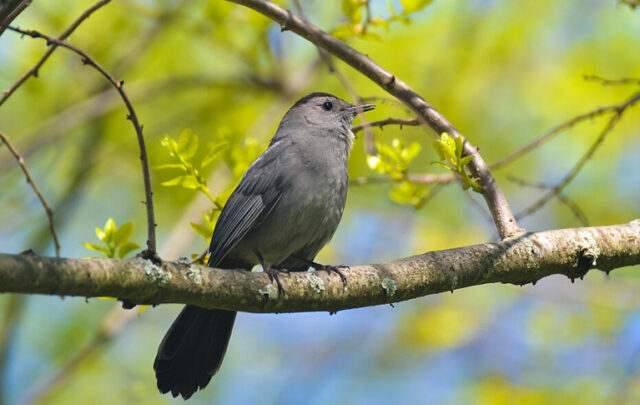Click on the headline (link) for the full text.
Many more articles are available through the Energy Bulletin homepage
Hooked: George Monbiot on fishing (in a kayak)
George Monbiot, Guardian
I did it as a boy and now I’m doing it again, only this time there’s a purpose to my pleasure: to help save the planet by catching only fish I can eat
—
Kayaking saved me. Living in Oxford without a car, I felt throttled by the ring road, the city’s concrete necklace. I was heartsick, dried up, deprived of nature. At weekends I’d explore the city’s green spaces or cycle into the countryside, but I found only sterility: pasteurised parks, perfect rows of rape and wheat, woods picked clean by pheasants. Walking by a stream one day, I realised that the land might be dead but the water was alive. I bought an old kayak for a tenner and dragged it down to the Thames. As soon as I sat in it, I felt I belonged there.
… After years away from the water, I was ready to start fishing again, but I wanted to catch only fish I could eat.
It was fishing that cemented my love of the natural world. As a boy, I’d sit on the riverbank, seldom catching much, gazing at the insects and birds, watching the fish. The thrill of seeing a vast, lazy tail appear beneath a sunken tree, or dark backs of dace flick in and out of the shadows, or the head of a pike emerge from the darkness – this was all the world I needed. While other children fantasised about space or treasure islands, I submerged myself in the dim green cosmos beneath the water, guessed at but never fathomed. Now there was something else I wanted: a way out of the planet-eating food economy.
I love food, but I hate the way it is produced. There used to be a surplus of allotments in Oxford: I took on five and became an urban smallholder. But I had given up eating fish. I knew commercial fishermen possess a mysterious power over governments, which ensures quotas are too high, reefs can be smashed by beam trawlers, dolphins, turtles and albatrosses snared and discarded. I knew if I was to eat fish, I’d have to catch my own.
(22 August 2009)
Objectors to wind farms to be bought off
Tricia Holly Davis, Times Online
Ministers are considering whether to establish a “conservation bank” to help overcome planning objections to wind farms and other renewable-energy projects.
Planning problems have held back British onshore wind farms. Vestas blamed nimby (not in my back yard) objections for its recent decision to shut Britain’s only wind-turbine plant, on the Isle of Wight (see panel below).
…Now ministers at the Department for Environment, Food and Rural Affairs think they might have found a way to speed up the system.
The concept is called “conservation banking”. Companies developing clean energy could offset the impact of their projects by financing local environmental programmes, such as improving wildlife habitats. Huw Irranca-Davies, minister for marine and natural environment, said this could help to fast track renewable projects through the planning system…
(23 August 2009)
Oil giants destroy rainforests to make palm oil diesel for motorists
Ben Webster, Times Online
Fuel companies are accelerating the destruction of rainforest by secretly adding palm oil to diesel that is sold to millions of British motorists.
Twelve oil companies supplied a total of 123 million litres of palm oil to filling stations in the year to April, according to official figures obtained by The Times.
Only 15 per cent of the palm oil came from plantations that met any kind of environmental standard. Much of the rest came from land previously occupied by rainforest.
…In theory, greenhouse gas emissions from burning biofuel are lower than those from fossil fuel because crops absorb carbon dioxide as they grow.
But clearing rainforest to create biofuel plantations releases vast quantities of carbon stored in trees and soil. It takes up to 840 years for a palm oil plantation to soak up the carbon emitted when rainforest is burnt to plant the crop…
(15 August 2009)





